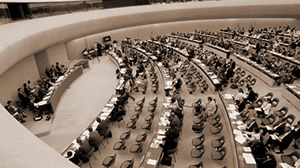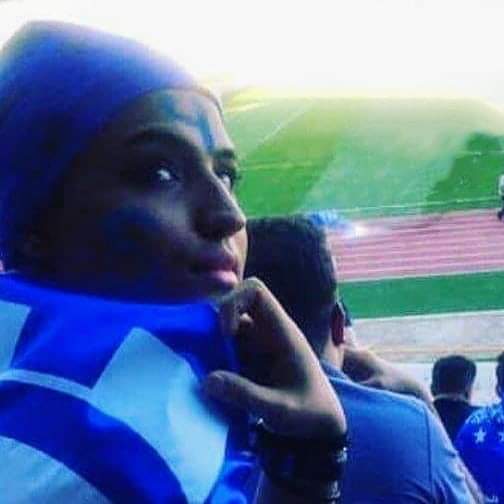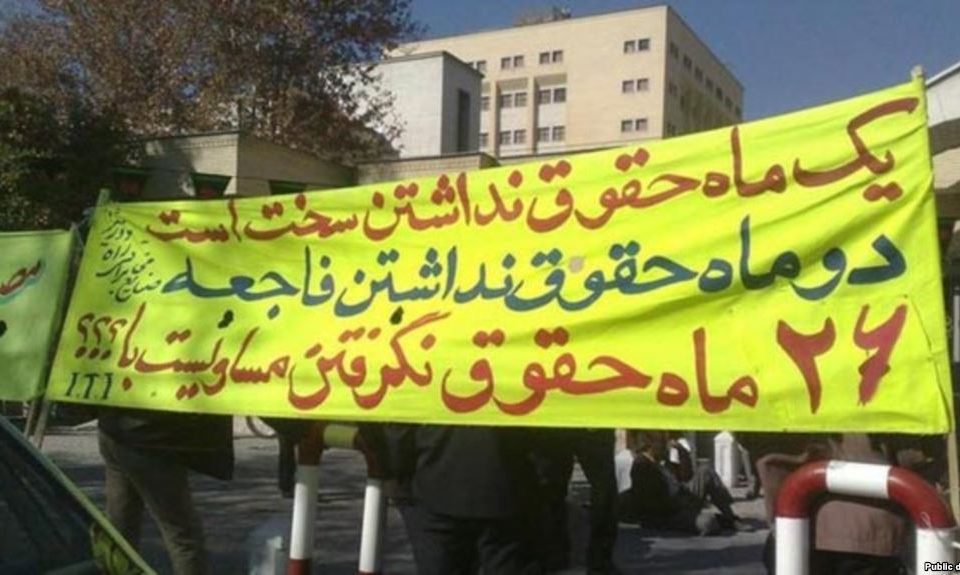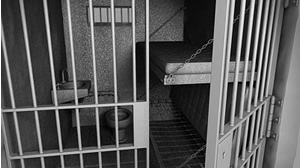
Massacre of Prisoners in Karaj
March 25, 2011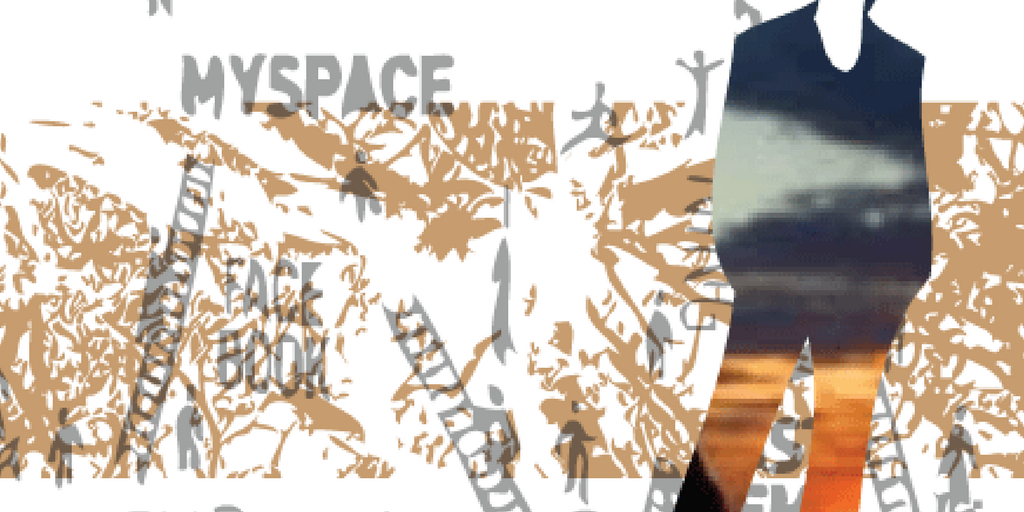
The Networked Diaspora
March 25, 2011UN Approves Special Human Rights Rapporteur for Iran, the Result of Tireless Efforts and the Dedication of Iran’s Civil Society
The United Nations Human Rights Council must guarantee the participation and security of true Iranian civil society activists and organizations in its investigation.
Arseh Sevom –24 March 2011- The approval of a Special Rapporteur for human rights in Iran, on 24 March 2011, is the result of the tireless efforts of civil society activists and organizations inside and outside Iran and the support of the international community. Arseh Sevom is hopeful that the United Nations Human Rights Council will develop mechanisms that ensure the engagement of true Iranian civil society activists and organizations in its investigatory process.
In recent years, Iranian civil society has come under severe attack in attempting to report about Iran’s human rights situation, and its activists have been tried and imprisoned. The Iranian government has made its goal the complete destruction of independent civil society. It has created a parallel civil society answerable to military security forces. Representatives of government-created civil society were present at the very conference of the Human Rights Council that approved the Special Rapporteur. Organizations including Victims of Violence, Women’s Studies Center, Nationwide Network of Women’s Organizations, and the Children’s Foundation, defended the government’s anti-human rights policies in the name of civil society.
The second Iranian government attempt to destroy civil society was the approval of the Comprehensive Law for the Establishment and Supervision of Non-Governmental Organizations. This law was approved, by illegal means, despite serious opposition from inside the country. The government manipulated Parliament into passing this law in the last days of the Iranian calendar year 1389 (March 2011), applying pressure from the military and security forces, and in violation of the Internal Statute of the Islamic Consultative Assembly (Iran’s Parliament). The hasty approval of this law is yet another example of the government’s efforts to eradicate independent civil society. Arseh Sevom has produced a detailed analysis of this law and has warned that it will have grave consequences.
Under these conditions, the first step following the UN approval of this Special Investigator for Human Rights in Iran should be the creation of an appropriate mechanism for ensuring the participation of real civil society inside Iran. It is useful to remind the international community that in past years, visits from international organizations, such as the International Trade Union Confederation, resulted in the arrest, trial, and imprisonment of workers who spoke out on the realities of their conditions.
Arseh Sevom also wishes to remind the international community that over the past year (2010), the European Parliament attempted to organized meetings with a number of social and civil society activists during its regular visit to Iran. Contacts between EU Embassies and Iranian activists led to the widespread arrests of many of the activists who had been contacted, and the Iranian government cancelled its meeting with the EU parliamentary delegation.
Arseh Sevom firmly believes that the leading members of civil society from all groups and social classes must think about the optimum method for utilizing this opportunity while maintaining security, including political and civic organizations, labor, students, womens’ and childrens’ rights organizations, religious, and ethnic groups. Civil society activists in Iran should develop a plan that would both ensure safety and the flow of accurate information.
In conclusion, while welcoming the UN approval of a Special Rapporteur for Human Rights, Arseh Sevom requestss that the UNHRC develop an appropriate mechanism for connecting the SR with independent civil society. This mechanism should take into account an appropriate evaluation of the special conditions Iran poses, and ensure the widespread and comprehensive presence of Iranian civil society activists and organizations in its investigatory process. It must also take measures to ensure the safety and security of all those involved. The victims of human rights abuses, political and non-political prisoners, and their families, and the families of those who have been executed, must be able to participate in the process within a completely free atmosphere.


